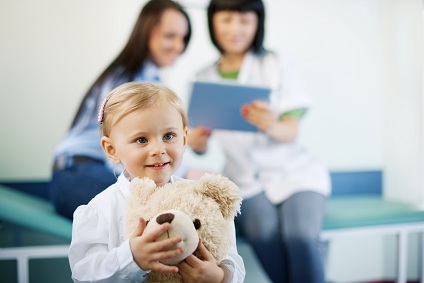The cross-border initiative focused on defence against diabetes

Related topics
Health Innovation Health, Demographic Change and Wellbeing Estonia Finland Germany Netherlands Russian Federationdate: 23/06/2014
Project: Pathogenesis of type 1 Diabetes - testin...
acronym: DIABIMMUNE
See also: CORDIS
Contact: www.diabimmune.org
Project coordinator Mikael Knip, a professor at the Children’s Hospital University of Helsinki, Finland, explains his hygiene hypothesis as the idea that lack of infections in early life can lead to a dysfunctional immune system, favouring allergic and autoimmune diseases. “We asked the question whether the total microbial load over the first years of life is critical for programming (building up) the immune system or whether specific microbes play a crucial programming role,” he says.
The DIABIMMUNE research team examined infection rates in Finland, Estonia and Russia, studying 4,500 children under the age of five. “So far we have seen clear differences in the frequency of early signs of autoimmunity and allergy among the three countries involved,” Knip says.
One of the international project partners, Natalya Dorshakova, a medical science professor at Petrozavodsk State University in Karelia, was involved in finding and transporting biological samples to the core laboratory in Helsinki. She says that the “fanatical fight against microbes” has weakened the body’s defences. “We install multiple window glazing against street dust, we use products for the body and home with strong disinfectant additives, the food industry uses antibiotics, etc,” she explains.
Dorshakova says the research under the DIABIMMUNE project has already had some success in treating diabetes and dealing with its symptoms and complications. However, the aim is to prevent the start of the autoimmune process. This is best done through an early “acquaintance” with antigens such as microbes, viruses, fungi and dust particles. “It is essential for newborns to develop and build up immunity,” she says. “If the body overcomes the initial exposure to a particular antigen and gains immunity, then the next encounter will be peaceful and stress-free,” adds Dorshakova.
DIABIMMUNE also found significant differences in the frequency of various viral infections among the three countries. In addition, less-desired immune responses are suppressed more powerfully in Estonian infants compared to Finnish peers.
“We have collected a unique biobank with a diverse series of biological samples to be analysed over the years to come,” explains Knip, pointing out that it could lead to a treatment for allergic and autoimmune diseases. “If we can develop an effective preventive treatment for allergic and autoimmune diseases, that would raise the quality of life for a considerable proportion of the European population and would also lower the future healthcare costs for the society,” he says.
